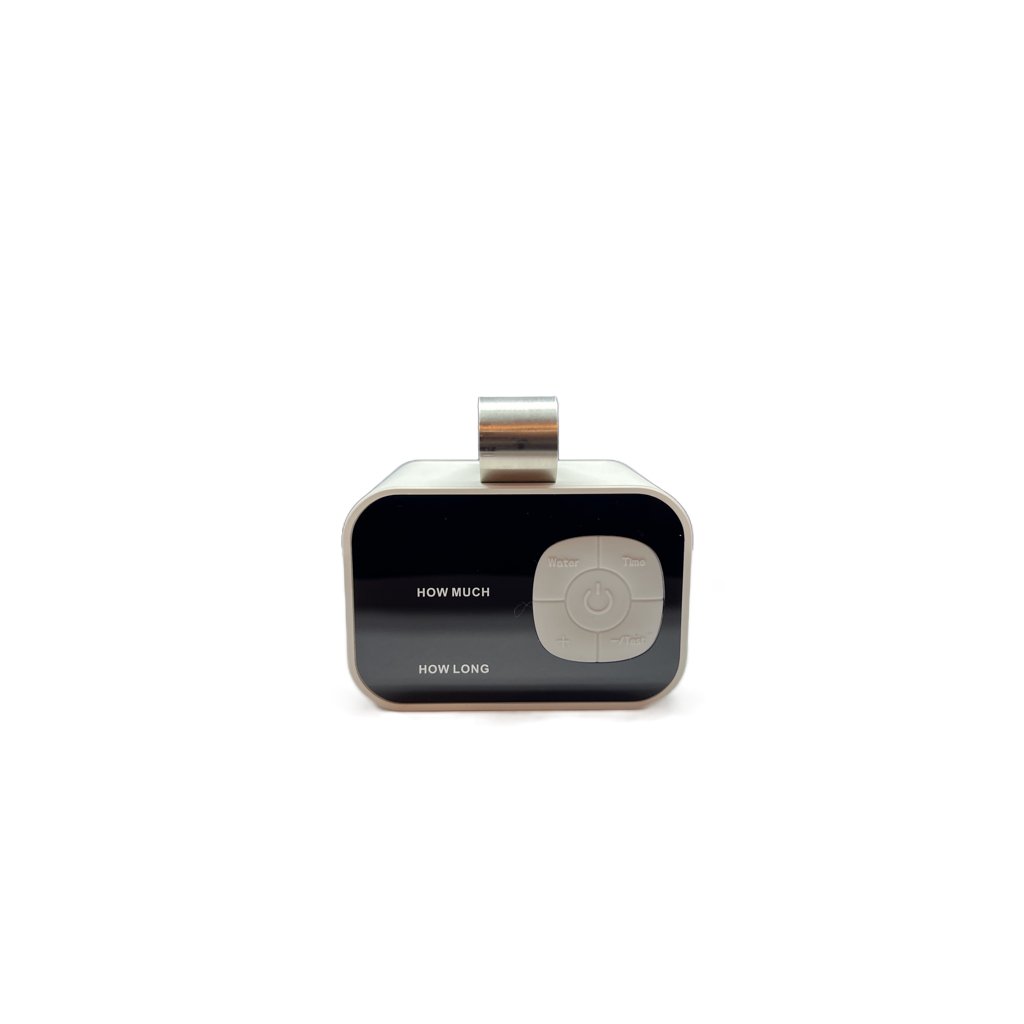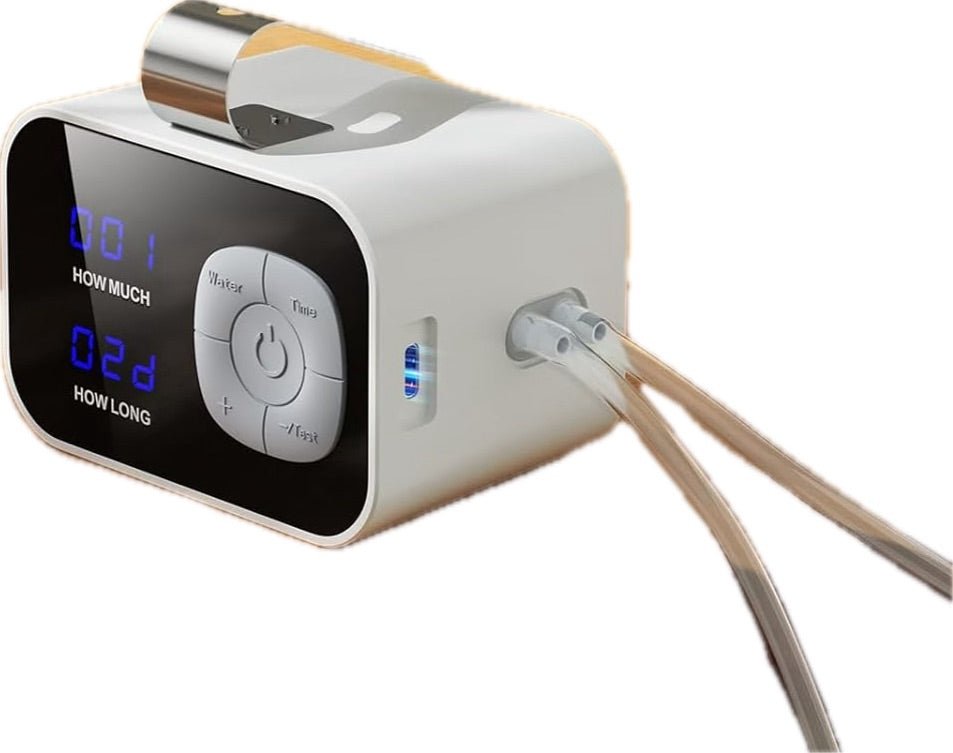Your Complete Guide to Buying a New HVAC System
Share
Are you considering investing in a new HVAC system for your home? This comprehensive guide will walk you through everything you need to know to make an informed decision. From understanding your heating and cooling needs to choosing the right type of system and selecting the best HVAC contractor, we've got you covered. Say goodbye to guesswork and hello to a comfortable and efficient home environment with your new HVAC system.
Introduction:
Buying a new HVAC system is a significant investment, and it's essential to get it right. Whether you're replacing an old, inefficient system or installing one for the first time, there are several factors to consider. In this guide, we'll break down the process step by step, so you can feel confident in your decision.
1. Assess Your Heating and Cooling Needs:
Before you start shopping for a new HVAC system, take some time to assess your heating and cooling needs. Consider factors such as the size and layout of your home, your climate, and your budget. Do you need a system that can handle extreme temperatures? Are you looking for energy efficiency? Understanding your needs will help you narrow down your options.
2. Choose the Right Type of System:
There are several types of HVAC systems to choose from, including central air conditioning, heat pumps, and ductless mini-split systems. Each type has its advantages and disadvantages, so it's essential to research them thoroughly. Consider factors such as installation cost, energy efficiency, and compatibility with your home's existing infrastructure.
3. Select the Best HVAC Contractor:
Choosing the right HVAC contractor is just as important as choosing the right system. Look for contractors who are licensed, insured, and experienced in installing the type of system you're considering. Ask for recommendations from friends and family, read online reviews, and request quotes from multiple contractors before making a decision.
4. Consider Energy Efficiency:
Energy efficiency should be a top priority when choosing a new HVAC system. Look for systems with high SEER (Seasonal Energy Efficiency Ratio) ratings for air conditioners and HSPF (Heating Seasonal Performance Factor) ratings for heat pumps. Investing in an energy-efficient system will not only save you money on your utility bills but also reduce your carbon footprint.
5. Evaluate Total Cost of Ownership:
When comparing HVAC systems, don't just look at the upfront cost. Consider the total cost of ownership, including installation, maintenance, and repair costs over the life of the system. A more expensive system may be more cost-effective in the long run if it's more energy-efficient and requires fewer repairs.
Conclusion:
Buying a new HVAC system is a significant decision, but with the right information and guidance, it doesn't have to be overwhelming. By assessing your needs, choosing the right type of system, selecting a reputable HVAC contractor, prioritizing energy efficiency, and evaluating the total cost of ownership, you can find the perfect HVAC system for your home.
Introduction:
Buying a new HVAC system is a significant investment, and it's essential to get it right. Whether you're replacing an old, inefficient system or installing one for the first time, there are several factors to consider. In this guide, we'll break down the process step by step, so you can feel confident in your decision.
1. Assess Your Heating and Cooling Needs:
Before you start shopping for a new HVAC system, take some time to assess your heating and cooling needs. Consider factors such as the size and layout of your home, your climate, and your budget. Do you need a system that can handle extreme temperatures? Are you looking for energy efficiency? Understanding your needs will help you narrow down your options.
2. Choose the Right Type of System:
There are several types of HVAC systems to choose from, including central air conditioning, heat pumps, and ductless mini-split systems. Each type has its advantages and disadvantages, so it's essential to research them thoroughly. Consider factors such as installation cost, energy efficiency, and compatibility with your home's existing infrastructure.
3. Select the Best HVAC Contractor:
Choosing the right HVAC contractor is just as important as choosing the right system. Look for contractors who are licensed, insured, and experienced in installing the type of system you're considering. Ask for recommendations from friends and family, read online reviews, and request quotes from multiple contractors before making a decision.
4. Consider Energy Efficiency:
Energy efficiency should be a top priority when choosing a new HVAC system. Look for systems with high SEER (Seasonal Energy Efficiency Ratio) ratings for air conditioners and HSPF (Heating Seasonal Performance Factor) ratings for heat pumps. Investing in an energy-efficient system will not only save you money on your utility bills but also reduce your carbon footprint.
5. Evaluate Total Cost of Ownership:
When comparing HVAC systems, don't just look at the upfront cost. Consider the total cost of ownership, including installation, maintenance, and repair costs over the life of the system. A more expensive system may be more cost-effective in the long run if it's more energy-efficient and requires fewer repairs.
Conclusion:
Buying a new HVAC system is a significant decision, but with the right information and guidance, it doesn't have to be overwhelming. By assessing your needs, choosing the right type of system, selecting a reputable HVAC contractor, prioritizing energy efficiency, and evaluating the total cost of ownership, you can find the perfect HVAC system for your home.







